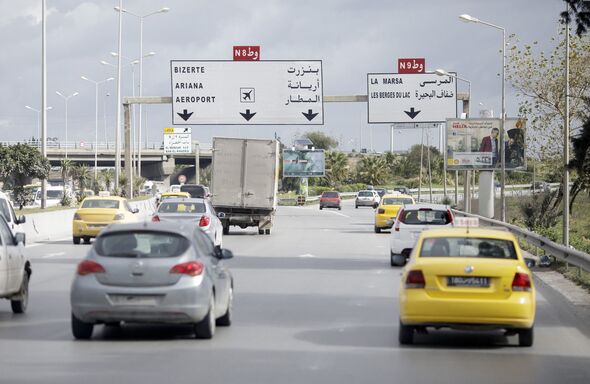A North African motorway is set to be completed in two years, connecting two major areas in Tunisia.
Construction of the Tunis-Jelma motorway is currently underway and is on schedule to be completed by the second half of 2026.
It is set to cost a sky-high total of around $546.7 million (£419.8 million).
The project’s aim is to improve land transportation services on the road network in Tunisia, accommodating the rapidly growing road traffic, reducing motor accidents, and contributing to the economic and social development of the country.
The major infrastructure development consists of four lanes – two in each direction, with a width of seven metres.
The building of the Tunis-Jelma motorway has been divided into two parts. The 87 km-long Tunis-Sbikha section is funded by the state budget and the Arab Fund for Economic and Social Development, FADES.
Meanwhile, the 99 km-long Sbikha-Jelma section is financed by the state budget and the European Investment Bank, EIB.
Construction of the 186km project is being completed by eight Tunisian contractors and design offices.
Wider Africa is struggling with a significant infrastructure gap. According to the African Development Bank, the continent needs to allocate between £107bn and £140bn each year to close this deficit which is slowing both economic and social progress.
In response, many African countries are launching ambitious building projects to boost economies.
Over in West Africa, a new highway set to span from Nigeria to the Ivory Coast is expected to significantly boost the economies of five African nations and benefit over 40 million Nigerians.
The proposed 638-mile coastal highway, has an estimated cost of $15.6billion (£11.9billion), and will stretch from Lagos in Nigeria to Abidjian in the Ivory Coast, passing through Benin, Togo and Ghana.
